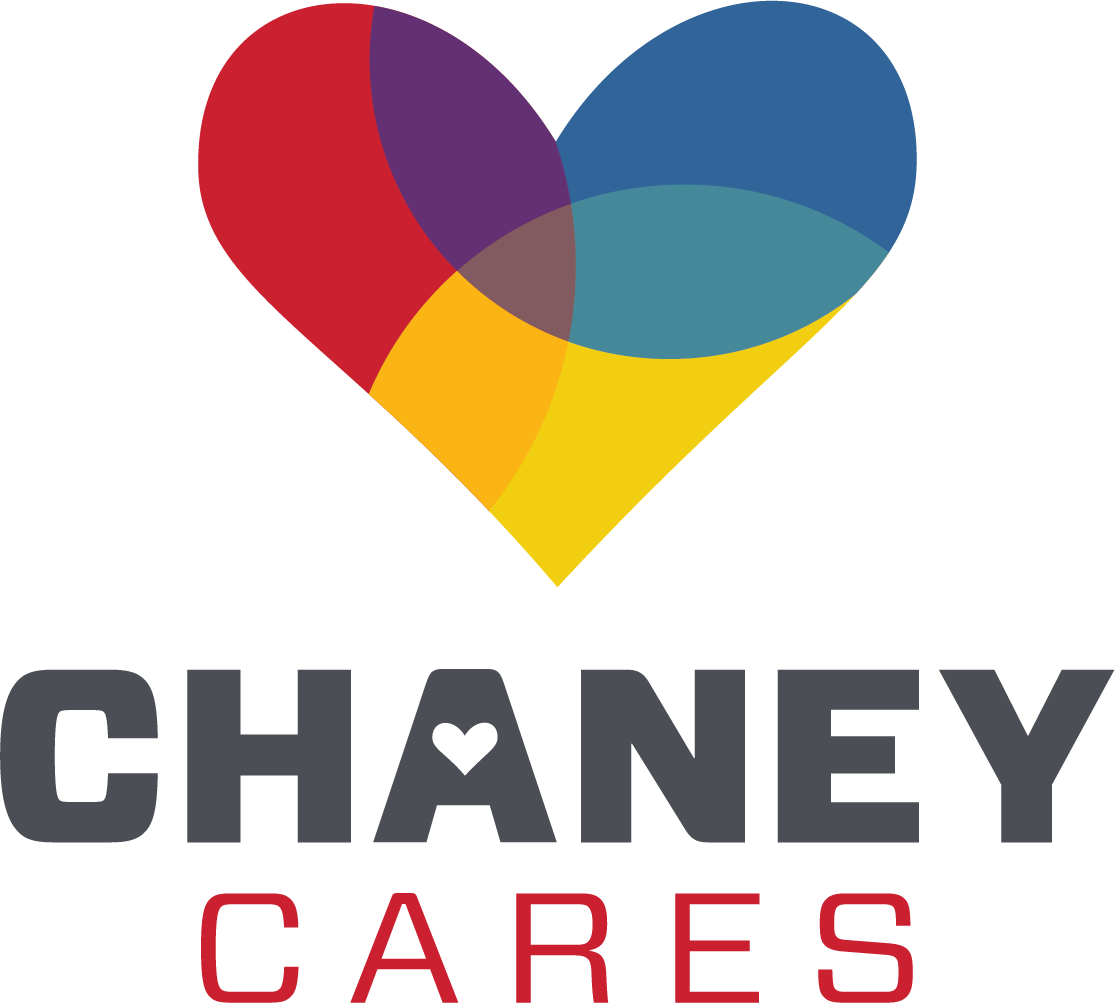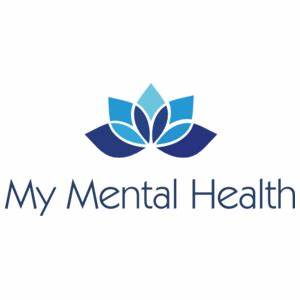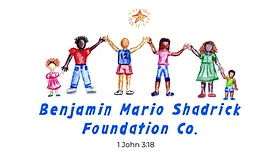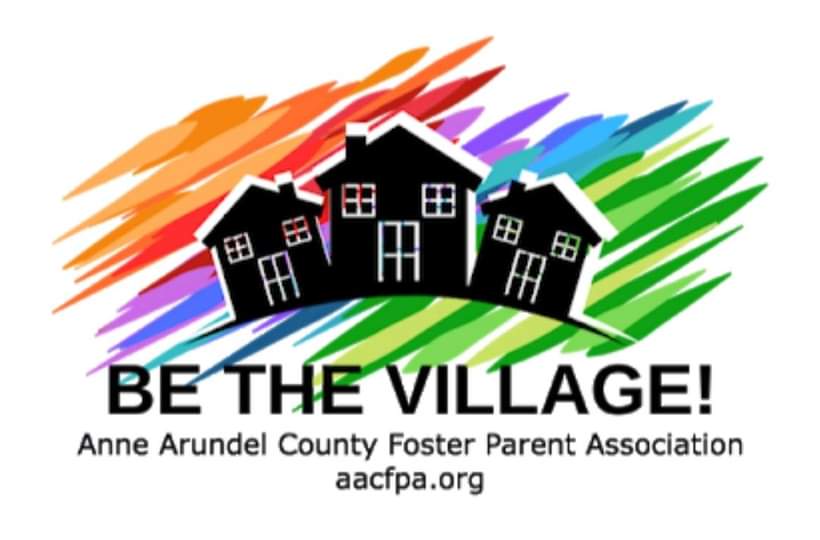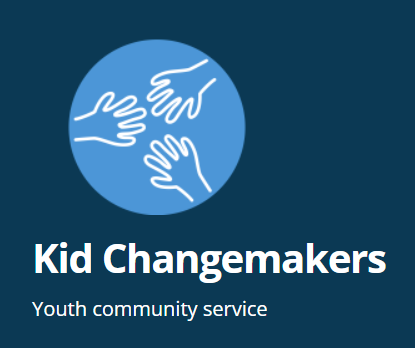The Effects of Child Abuse
Children have the right to live in a home that is free from violence, they have a right to have a safe childhood. Child abuse is an experience that infringes on that right to safety.
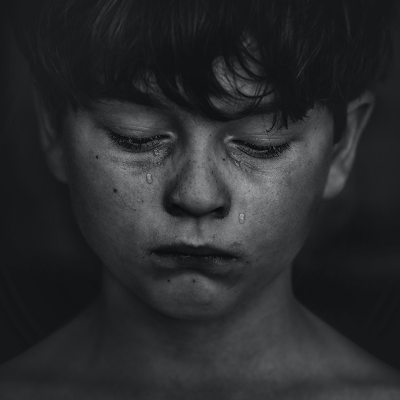 Every child is affected differently by abuse. While for many the effects can be long-lasting and severe, some children will lead healthy and productive lives as children and adults. We know that children are resilient, communication is a crucial step in the process. Vital to the recovery process is children being able to discuss the issues they have faced. Once they are safe, they can overcome the effects of child abuse by attending counseling with a professional.
Every child is affected differently by abuse. While for many the effects can be long-lasting and severe, some children will lead healthy and productive lives as children and adults. We know that children are resilient, communication is a crucial step in the process. Vital to the recovery process is children being able to discuss the issues they have faced. Once they are safe, they can overcome the effects of child abuse by attending counseling with a professional.
Psychological & Developmental Effects
During our early developmental stages, infancy, and childhood, our brains develop at an unbelievable pace. Studies have shown that the brain’s development is a response to family, community, and caregivers. It’s directly linked to the quantity and quality of these experiences.
During these early developmental stages, a child needs emotional security and stability to ensure the brain develops healthily. Frequent exposure to events that are stressful can have an impact on the brain’s stress response. This makes it less adaptive, and more reactive. This results in children reacting as though danger is always present, regardless of the situation they are presented with.
When children are exposed to abuse or violence and it is left untreated, it leaves them at an increased risk of behavioral and emotional problems down the line.
When children are being abused, they may not express their feeling, which leaves them with trouble regulating their emotions. As they reach adulthood, they may struggle with their feelings, resulting in anxiety and depression.
The possible effects include:
- Dissociation
- Anxiety
- Difficulty concentrating
- Depression
- Difficulty sleeping
- Flashbacks
- In adolescents- academic problems
- Increased hypervigilance
- Withdrawn for others, or difficulty in connecting
The impact will be dependent on the child’s natural ways of coping with stressful situations. Other factors can be the age when the trauma or abuse occurs, as well as the timing of intervention, and therapy.
The Physical Effects
Children’s bodies are still developing, which means they are more susceptible to physical injuries. When a child is being neglected or abused, these injuries are more apparent. Often, the perpetrator will be careful to leave injuries or marks that aren’t visible. The ability to recognize the physical effects of abuse is crucial in identifying the situation and preventing further abuse.
The possible effects include:
- Inappropriate dress
- Poor hygiene
- Burns
- Bruises, swelling, or welts
- Abrasions or lacerations
- Fractures or sprains
- Sexually transmitted diseases
- Difficulty sitting
- Difficulty walking
- Itching or pain in the genital region
- Inadequate shelter, nutrition, or supervision
Abused children often develop methods to cope with serious trauma, and in some cases, may forget that they are suppressing traumatizing memories.
The possible behavioral and emotional effects of trauma may include:
- Insomnia or trouble sleeping
- Drug and alcohol use
- Self-harm
- Eating disorders
- Uncomfortable with physical touch
- Making risk sexual decisions

